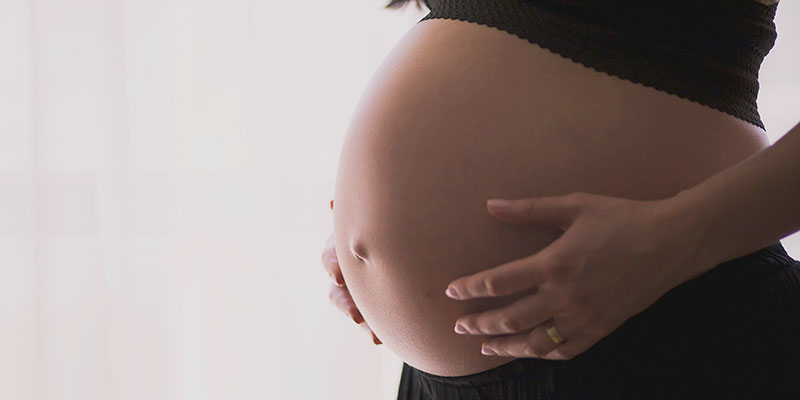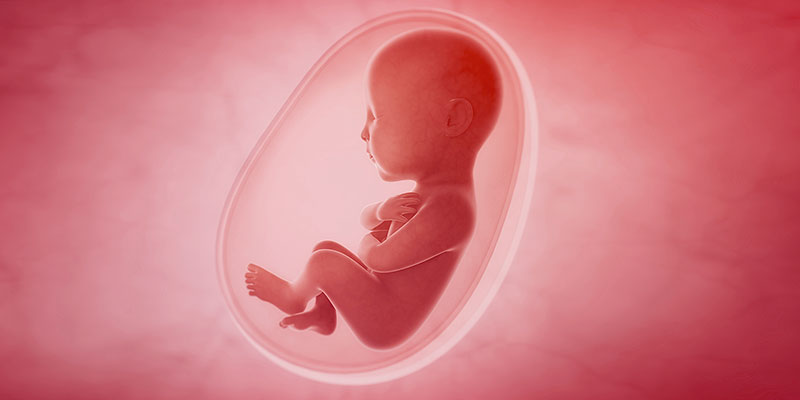Common Concerns in Pregnancy
Diet & Exercise

Healthy eating
It is important to incorporate a well-balanced diet in pregnancy. A healthy diet will involve plenty of whole grains, fruits, vegetables, protein and dairy to meet the higher nutrient requirements in pregnancy. Caloric intake usually needs to increase in the second and third trimester of the pregnancy to support fetal growth but varies from woman to woman. Your specialist can provide specific information for you and your pregnancy.
Vegetarian and vegan diets
A well balanced vegetarian diet, with plant based proteins, can provide your baby with all of the nutrients they need. Additional iron and vitamin D supplements may be required for some women.
Women on a strict vegan diet are at higher risk of iron and vitamin B 12 deficiencies. It may be important to incorporate specific foods and supplements to overcome these deficiencies. Your specialist may refer you to a dietician for support in pregnancy.
Fish
Fish is high in omega-3 fatty acids which may have benefits for the developing brain of your baby. However, there are some types fish which contain high levels of mercury and are best avoided in pregnancy. In general, fish that consume other fish as part of their diet should be avoided. It is safe to have two-three servings of small fish such as anchovies, sardines, salmon, and canned tuna per week. It is best to avoid large fish high in mercury such as shark (flake), swordfish and marlin.
It is best to avoid raw fish in pregnancy as raw fish can be high in parasites and bacteria.
Listeria, Toxoplasmosis and Salmonella
Food safety and preparation guidelines in pregnancy are aimed at avoiding these pathogens. Listeria and Toxoplasmosis can be harmful for the developing baby and Salmonella can cause a severe gastrointestinal illness in the mother.
Listeria may be present in unpasteurised dairy products, soft cheeses, pate, pre-prepared salads and deli meats. These are best avoided in pregnancy. It is important to eat freshly prepared, well cooked foods that have been hygienically prepared. Soft cheeses can be eaten if cooked and leftovers should be heated to a steaming hot temperature.
Toxoplasmosis is found in soil, uncooked meat and cat faeces. It is important to carefully wash vegetables, cook meat to well done, avoid changing cat litter and wear gardening gloves when working in soil.
Salmonella is found in poorly cooked chicken, raw eggs and foods containing raw eggs, such as mayonnaise and raw cake batter. It is important to avoid these foods in pregnancy.
Caffeine
The is conflicting evidence regarding high intake of caffeine and the risk of miscarriage and a small baby. In general, it is recommended not to have more than 200 mg of caffeine per day (the equivalent of one cup of espresso coffee or two cups of instant coffee). It is important to remember that tea, green tea, chocolate and cola drinks may also contain caffeine.
Alcohol
It is safest to avoid alcohol during the pregnancy.
Exercise
In general it is recommended that pregnant women get 30 minutes of exercise on most days during the week. In general, it is safe to continue the exercise you were doing prior to pregnancy, although some activities may need to be modified for pregnancy to avoid injury.
Walking and swimming are generally safe throughout pregnancy and exercise has many benefits to mood, sleep and may alleviate pregnancy symptoms including back pain, bloating and constipation. It is important to drink plenty of water and stop if the exercise causes shortness of breath or light headedness.
Your specialist may limit the type and amount of exercise in special circumstances in pregnancy.



